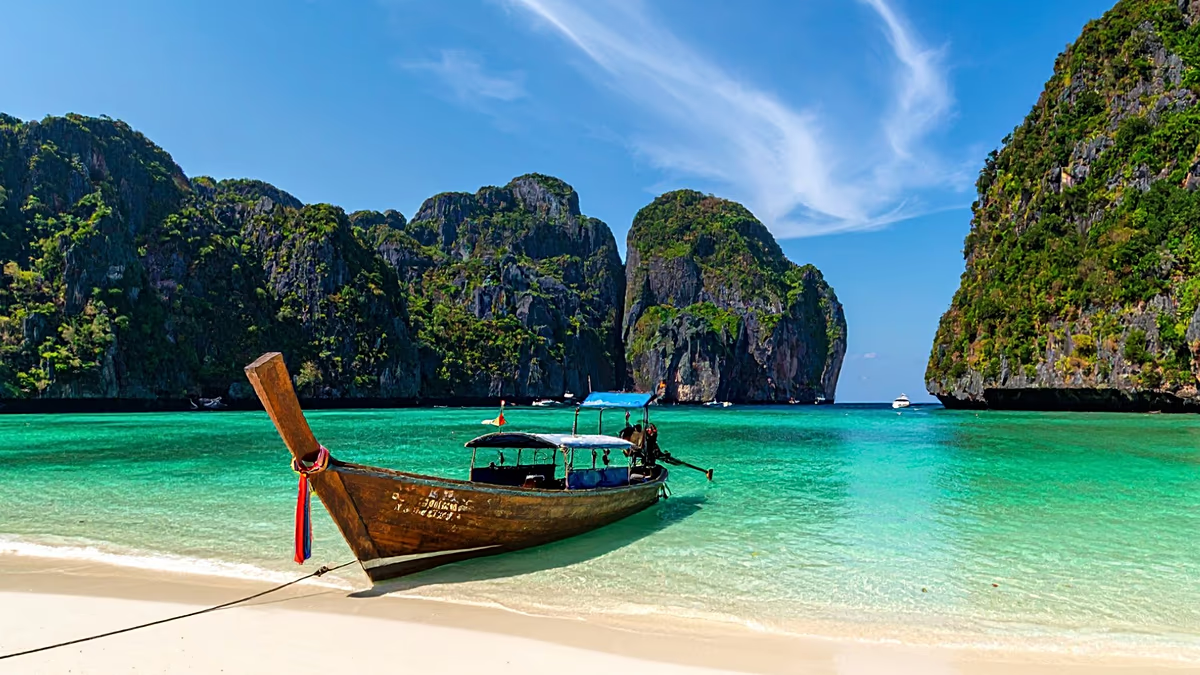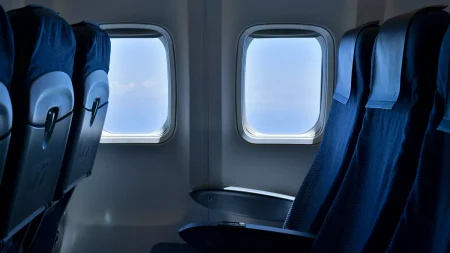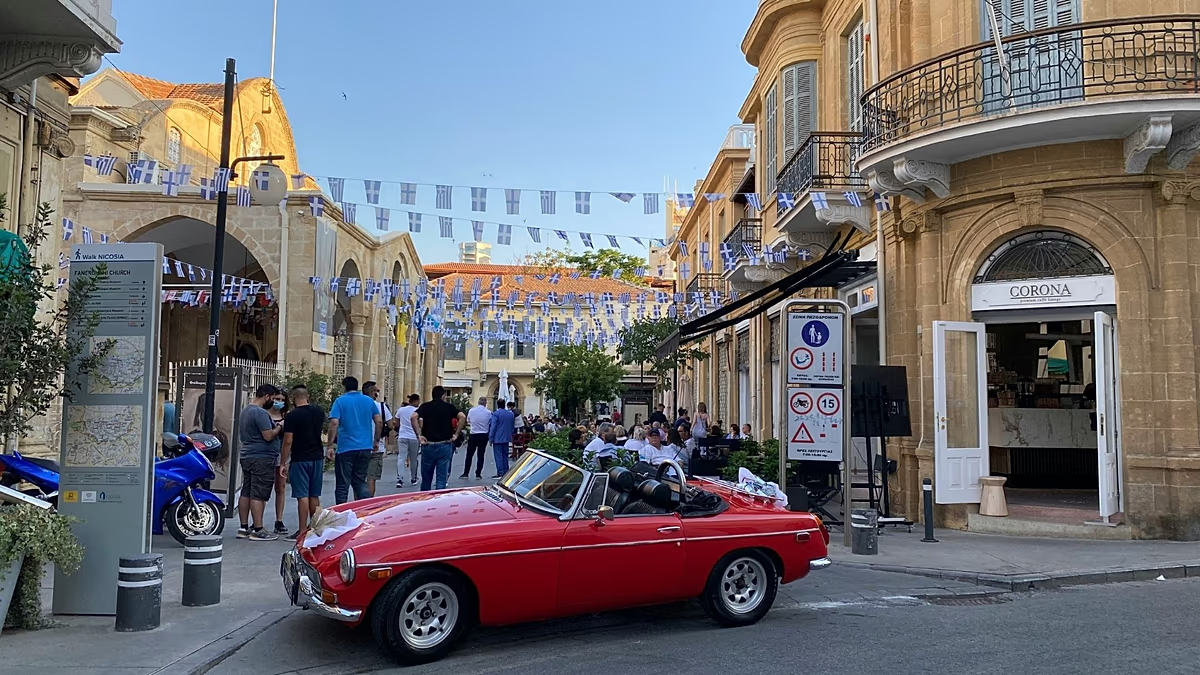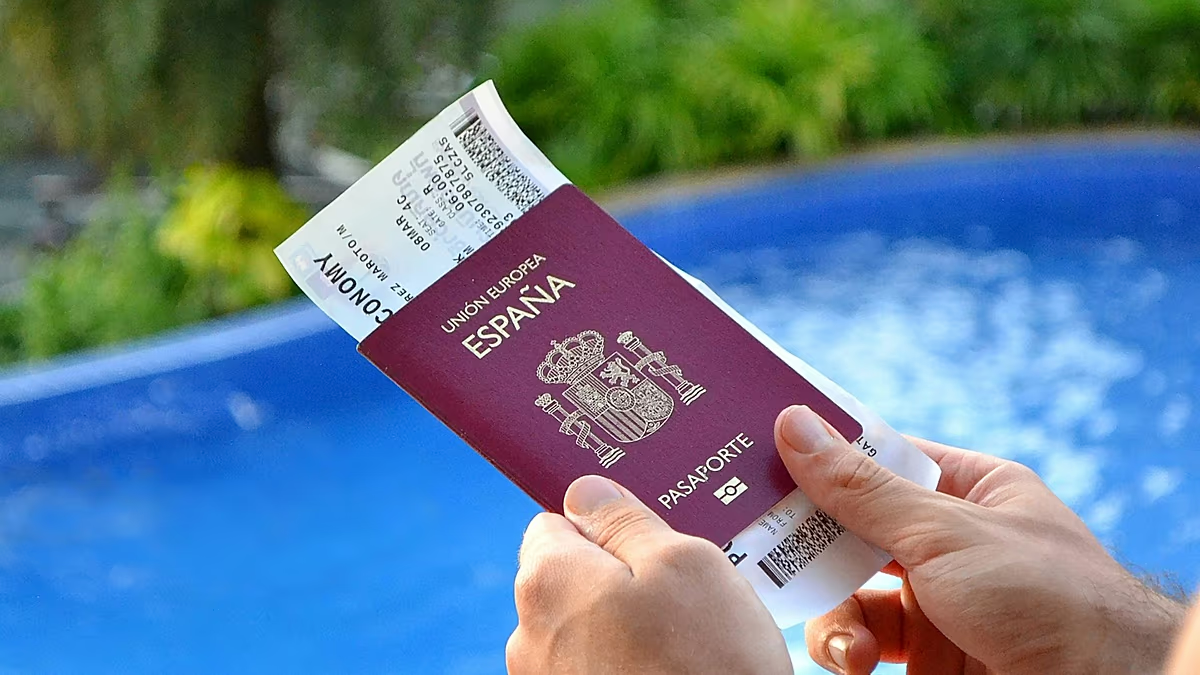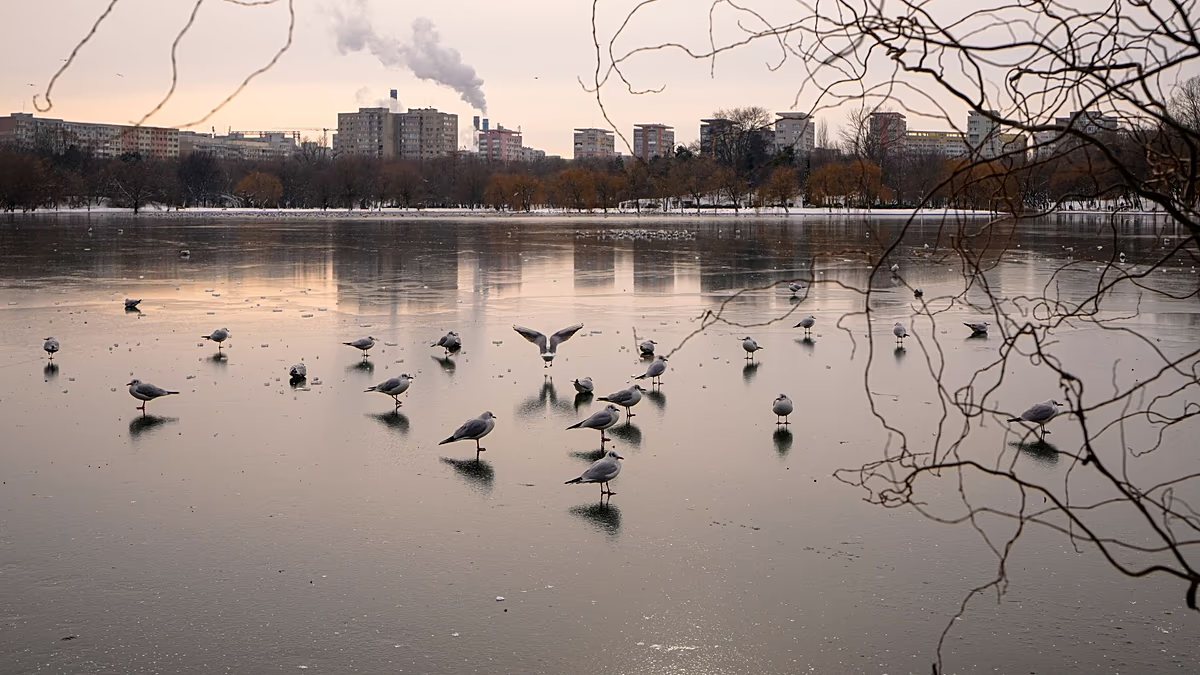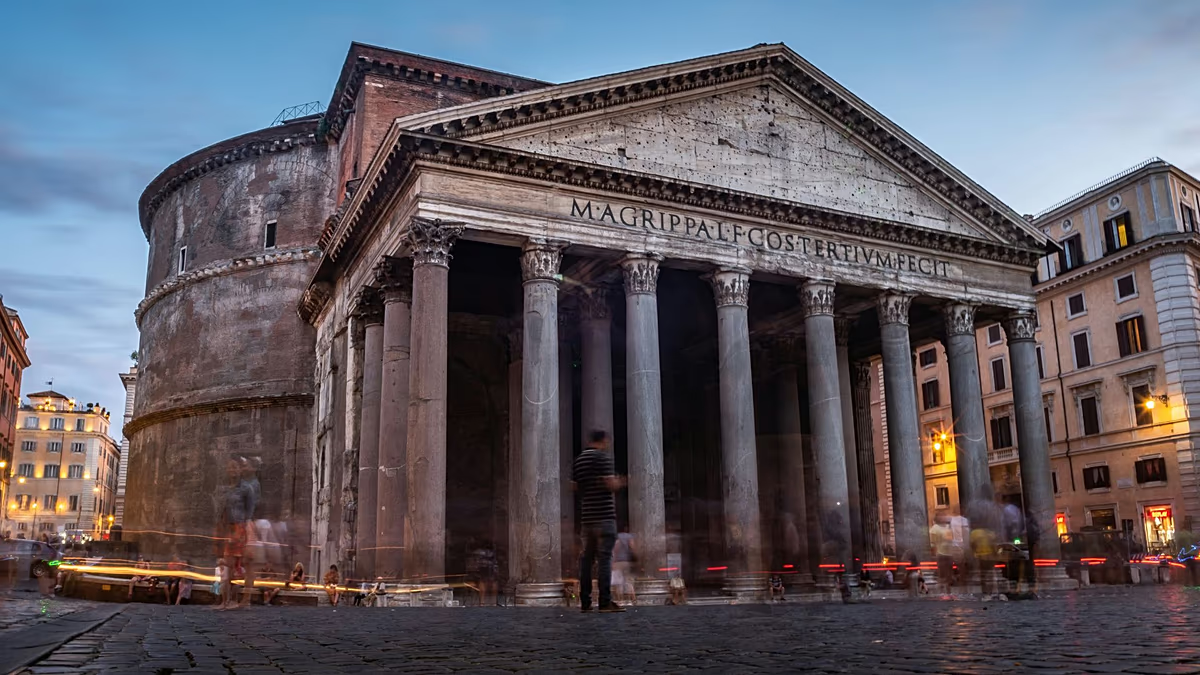Thailand: A Journey Beyond Beaches into Authentic Cultural Healing
Thailand’s allure extends far beyond its picture-perfect beaches and energetic urban centers. The “Land of Smiles” offers travelers something increasingly precious in our rushed world: an invitation to slow down, experience genuine cultural immersion, and leave feeling both rejuvenated and transformed. As tourism evolves toward more meaningful experiences, Thailand has positioned itself as not just a destination, but a holistic journey that nourishes body, mind, and spirit.
Chiravadee Khunsub, deputy governor for International Marketing at the Tourism Authority of Thailand, recently shared insights at London’s World Travel Market about what makes her homeland so captivating for global travelers. “When people are thinking about holidays, they’re looking for a place where they can have a good time – happy times. Thailand is that destination,” she explained with pride. The country’s remarkable diversity stands as one of its greatest strengths, offering experiences that range from the ancient temples and misty mountains of the north, including several UNESCO World Heritage Sites, to the world-renowned beaches and crystal waters of the southern provinces. This geographical and cultural diversity means visitors can craft entirely different experiences within a single journey, moving from bustling Bangkok to tranquil mountain villages, or from cultural immersion in ancient cities to peaceful island retreats.
Yet Thailand’s most distinctive quality isn’t found in its landscapes or monuments, but in its people. The genuine warmth and hospitality of Thai locals creates a welcoming atmosphere that transforms ordinary travel moments into meaningful human connections. “We are known for our hospitality and excellent service,” Khunsub noted, a statement backed by impressive statistics – some Thai provinces see tourist return rates as high as 60 percent. This extraordinary level of visitor loyalty speaks to an experience that goes beyond the typical tourism transaction. Travelers often describe feeling a genuine connection with local communities, whether through shared meals with families, participating in traditional ceremonies, or simply engaging in daily marketplace interactions. These authentic exchanges create memories that linger long after the journey ends, fostering a desire to return and deepen these relationships over time.
While Bangkok, Phuket, and Chiang Mai remain popular destinations, Thailand is encouraging travelers to venture beyond these familiar hubs to discover the country’s hidden treasures. “Thailand has over 55 provinces to explore,” Khunsub emphasized, noting that for European and American visitors, the tourism authority highlights 13 key regions worth exploring. Among these lesser-known gems is Nan province in the north, which Khunsub describes as reminiscent of “Chiang Mai 30 years ago” – an authentic glimpse into traditional Thai life largely untouched by mass tourism. In these regions, visitors can experience daily life as locals have for generations, witnessing living traditions rather than performances staged for tourists. Villages operate at a gentler pace, allowing visitors to participate in seasonal festivals, traditional crafts, and agricultural practices that have sustained communities for centuries. These experiences offer not just entertainment but education – an opportunity to understand Thailand’s cultural heritage through direct participation rather than passive observation.
The wellness tradition in Thailand has ancient roots that continue to flourish in contemporary settings, making it one of the world’s premier destinations for holistic health. “Our wellness ranks among the top five in the world because of the heritage and culture that we have – the herbal medicine, the Thai massage, and more,” Khunsub explained. Thailand’s approach to wellness isn’t merely a modern spa experience but a comprehensive philosophy that has evolved over centuries. Visitors can engage with this tradition in numerous ways, from studying the ancient combat art of Muay Thai for physical conditioning to experiencing traditional herbal treatments that utilize indigenous plants cultivated for their healing properties. Thai massage, recognized by UNESCO as part of humanity’s intangible cultural heritage, represents just one aspect of a sophisticated understanding of the body’s energy systems. Retreats throughout the country offer everything from brief introductions to these practices to immersive programs lasting weeks, allowing visitors to incorporate Thai wellness principles into their daily lives long after returning home.
Perhaps Thailand’s most valuable offering in today’s high-speed world is the gift of presence – the ability to help travelers slow down and reconnect with themselves and others in meaningful ways. Beyond structured wellness programs, this healing quality permeates Thai culture through its emphasis on mindfulness, gratitude, and compassion. The Thai approach to life, influenced by Buddhist principles that have shaped the national character for centuries, naturally encourages visitors to notice the present moment, whether appreciating the intricate details of temple architecture, savoring the complex flavors of a street food meal, or simply observing the rhythm of daily life in a village square. As Khunsub eloquently expressed, “The essence of healing in Thailand goes beyond spas and treatments. It’s found in the warmth of its people, the richness of its culture, and the country’s ability to slow you down.” In a world where attention is increasingly fragmented and authentic connections seem rare, Thailand offers not just a vacation but a gentle reminder of what truly matters – human connection, cultural understanding, and the simple joy of being fully present in a moment of beauty.





